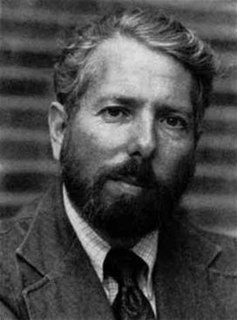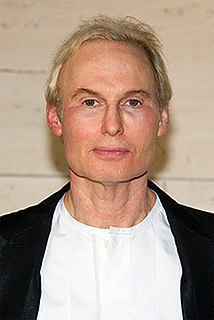A Quote by Robert J. Shiller
Liberalism downplays certain of our moral senses: loyalty, authority, and sanctity.
Related Quotes
In later years, when I started working in police ethics, I was professionally drawn back to the topic but as well was better able to see two sides to loyalty - its importance for certain central human relations such as friendships, but also its corruptibility in the sense that loyalty could be invoked against other moral constraints: it sometimes function as something of a moral Trojan horse, undermining other moral considerations.
My main quarrel with liberalism is not that liberalism places great emphasis on individual rights - I believe rights are very important and need to be respected. The issue is whether it is possible to define and justify our rights without taking a stand on the moral and even sometimes religious convictions that citizens bring to public life.
What is patriotism but love of the good things we ate in our childhood? I have said elsewhere that the loyalty to Uncle Sam is the loyalty to doughnuts and ham and sweet potatoes and the loyalty to the German Vaterland is the loyalty to Pfannkuchen and Christmas Stollen. As for international understanding, I feel that macaroni has done more for our appreciation of Italy than Mussolini... in food, as in death, we feel the essential brotherhood of mankind.
I believe that there is something far nobler than loyalty to any particular man. Loyalty to the truth as we perceive it - loyalty to our duty as we know it - loyalty to the ideals of our brain and heart - is, to my mind, far greater and far nobler than loyalty to the life of any particular man or God. . . .
Although a person acting under authority performs actions that seem to violate standards of conscience, it would not be true to say that he loses his moral sense. Instead, it acquires a radically different focus. He does not respond with a moral sentiment to the actions he performs. Rather, his moral concern now shifts to a consideration of how well he is living up to the expectations that the authority has of him.




































